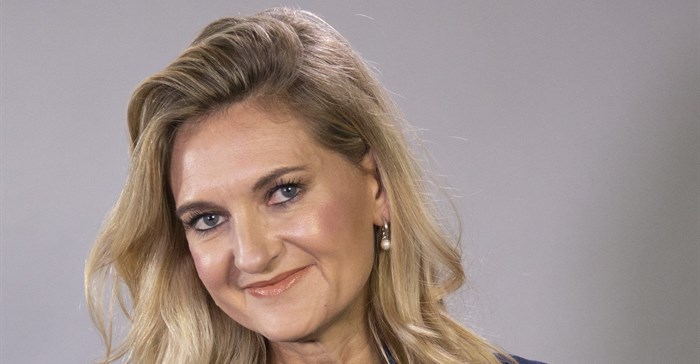






Edward Snell marketing director, Melanie Campbell, said that for many years, the two leading liquor categories in South Africa were whisky and brandy. “In year 2018/9 vodka matched brandy in value and in June 2020, gin sales exceeded vodka and is now 3% larger in value, making it the second-largest spirit category in the country.”
She said spirits, in general, gained market share over the past year. “About a year ago, spirits accounted for 21.4% of the industry value, but there has been a significant shift over the past 12 months and spirits – in general – account for 27.2% of the alcohol market value.”
Campbell attributes the growth in gin sales to its aspirational quality and accessibility. “In many developing markets, people want to be seen wearing the right clothing brands, driving the right cars and consuming the right drinks, no matter what they earn. Considering the cost of premium whisky or premium vodka and the relatively more affordable cost of premium-looking gin, it’s not entirely surprising there has been a shift to the latter. With gin, consumers are getting the benefit of both prestige and affordability,” she added.
Another contributor to gin’s increased popularity is the role the craft gin industry has played, with its various flavours and bottle shapes. “What craft gin did was pique consumers’ interest in the category. There have been more than 300 new gin entrants over the past two years, creating significant noise and hype. Sadly, many have not survived, but they certainly played a role in creating excitement around the category,” Campbell said. “Then there’s the perceived refreshing aspect of gin, especially in a country that has warm weather for the bulk of the year. “Vodka is a neutral spirit from a taste perspective, but gin, like wine, has many different flavour profiles.”
She said gin allows for a greater degree of personalisation. By this, Campbell means that some gins can be mixed with just about anything, including the more popular choices of tonic, soda and dry lemon. In addition, consumers enjoy adding a range of garnishes from the classic slice of lemon to cucumber, apple, pink peppercorns, berries and even fynbos. This ability to allow consumers to put their signature on gin across all price points makes the category socially acceptable and inclusive, with fewer rigid ‘rules’. And, the ready-mixed brands are also attractive to consumers looking for convenience and fun.
Of course, heritage and culture should not be overlooked. “Various gin brands have become ingrained in traditional ceremonies in South Africa,” she noted.
Campbell said the rise of gin is the result of perfect storm. “While the Covid-19 pandemic placed financial pressure on peoples’ pockets, the desire for aspirational products remained as strong as ever. This, combined with the intrigue created by craft gin entrants, has fuelled the category’s growth over time, meaning we are witnessing what might be called a new gineration.”